Mozambique Prime Minister calls for strong focus on teacher training
South Africa’s delay in Chang extradition case due to Mozambique’s “insistence” – Thomashausen
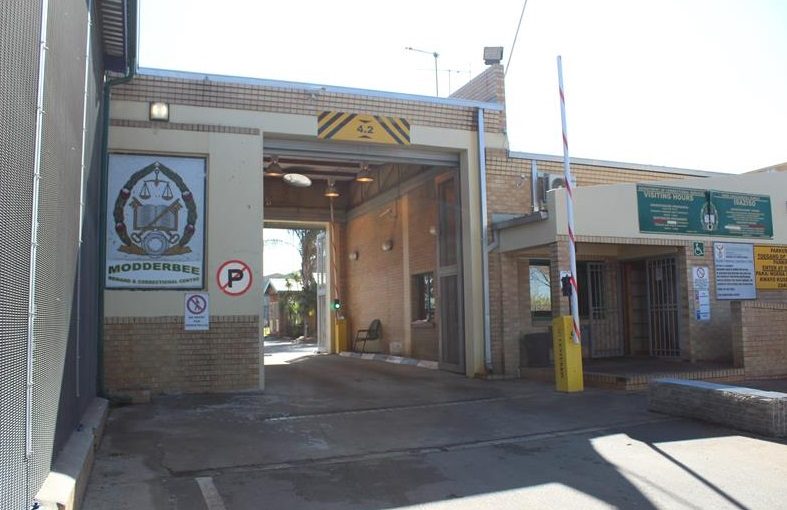
FILE Former Minister of Economy and Finance Manuel Chang is being held at Modderbee prison in Benoni, east of Johannesburg, while the case remains in the courts.[File photo: Springs Advertiser]
South African legal expert André Thomashausen has told Lusa that the delay in the process of extradition to the US of Manuel Chang, a former finance minister of Mozambique, is due to Maputo’s “insistence” on competing with the US extradition request.
According to Thomashausen, a lawyer and academic, “it is not South Africa’s responsibility” to resolve competing extradition requests.
“The prolongation of detention is due to the insistence of two countries to have this person extradited, as long as these two countries cannot agree on the extradition process,” he explained to Lusa. “The detention has to continue because South Africa has to obey the extradition requests and has to guarantee that the person will not disappear or flee.
“So it is in Mozambique’s hands, because if it withdraws its extradition request, Mr Chang’s detention in South Africa can be ended immediately, because he can go to the United States,” said Thomashausen.
Chang is being held at Modderbee prison in Benoni, east of Johannesburg, while the case remains in the courts.
On Friday, the government in Maputo formally asked the South African courts to “force” the government in Pretoria to extradite Chang to Mozambique “without further delay”. In the request submitted to the Gauteng High Court in Johannesburg, and which Lusa has seen, Mozambique complains that “an excessively long period has lapsed” and argued that South Africa’s minister of justice, Ronald Lamola, “has failed and/or is neglecting to exercise his decision as ordered by the court.”
The Maputo government argues that the detention since 2018 of the former finance minister “violates” Chang’s right to justice, as he is being kept in prison awaiting extradition to either Mozambique or the US, where he faces charges of corruption and financial fraud for his role in Mozambique’s so-called ‘hidden debts’ worth $2.2 billion (€1.8 million at the current exchange rate).
However, in Thomashausen’s view, under South Africa’s current law “there is no firm rule” defining how long he may be imprisoned without trial awaiting extradition from the country.
“There are of course the fundamental rights of due process of law – in the European Union Court of Human Rights, for example, there have been rulings that have found a period of pre-trial detention, detention before trial, of 11 years to be excessive – but of course two years without trial is not what one would want to see in a rule of law with a functioning judicial system,” he said.
If Mozambique’s government is now “complaining” that Chang has spent 29 months in prison in South Africa, Thomashausen went on, “the primary responsibility for this delay is the office of Mozambique’s Attorney General, which never did its due work.
“We [now] have another legal action, which is not provided for in the legislation on extradition, it is extra-procedural, that is, they practically make a request for habeas corpus – that the person should be released simply because they have been detained for an excessive period of time,” he said.
Thomashausen, who specialises in constitutional and comparative international law, also questioned the worth of this latest court action started by Mozambique.
“I doubt it will have a good outcome, because the court will always have to apply the law on extradition and the other due standards, and even if the court accepts to rule on this request, the party that is frustrated with the court’s decision will certainly file another appeal, which will take more months to resolve,” he explained to Lusa.
Thomashausen stressed that the concurrent extradition request from Mozambique was submitted “without the proper legal basis because in 2019 Mr Chang was not even an accused” in Mozambique, stressing that “then they found a way to make him an accused, but without grounds,” so continuing to “complicate and poorly substantiate” the extradition request.
“That is why this situation has dragged on, because Mozambique is preventing, is delaying Mr Chang’s extradition to the US,” Thomashausen stressed.
“In principle, the court cannot override the decision that by law is up to the minister,” he pointed out of South Africa’s system. “We have the doctrine of separation of powers, and the law dictates that it is the executive branch, the minister, who should make the decision on extradition.”
The hidden loans in question were taken out from Credit Suisse and the Russian bank VTB by the public enterprises Ematum, ProIndicus and MAM, for shipbuilding projects that never went ahead, were arranged by the Privinvest group. guaranteed by the Mozambique state.


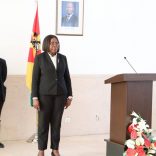
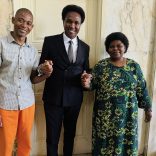
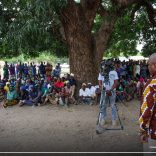


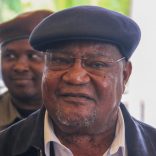



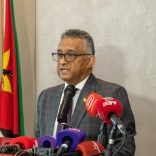

Leave a Reply
Be the First to Comment!
You must be logged in to post a comment.
You must be logged in to post a comment.